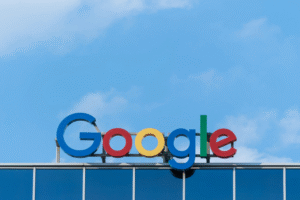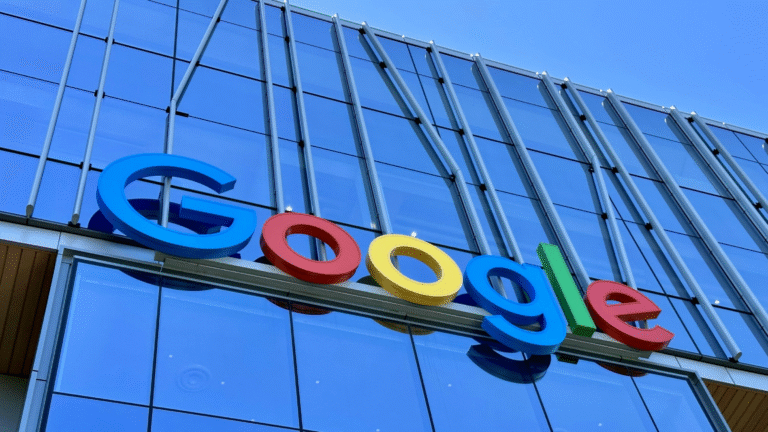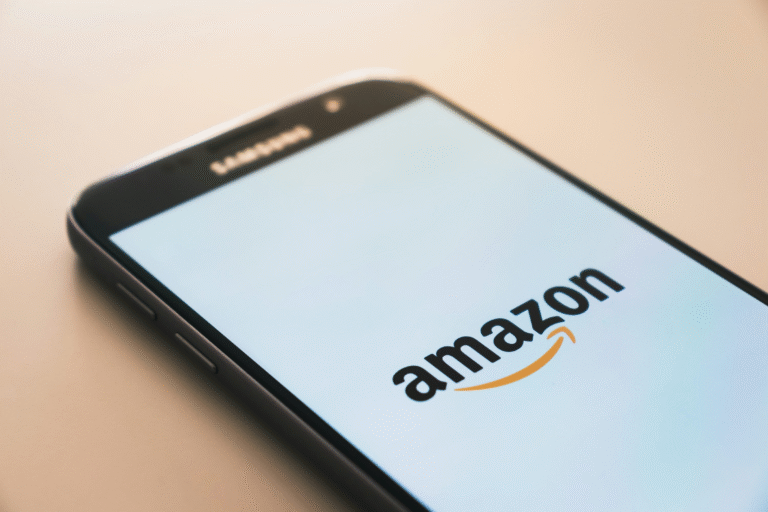A new court verdict has placed Meta, the parent company of Facebook and Instagram, at the center of yet another passionate discussion over data protection, online advertising, and the power giant internet corporations hold over the digital economy. The decision tells Meta to pay more than half a billion dollars to dozens of digital media publications because judges decided that the firm utilized personal data unfairly to improve its position in the online advertising market.
The decision did not originate in isolation. It represents a rising global push to rein in how giant tech companies acquire and commercialize personal data. For years, digital publishers have maintained that they face an unequal playing field because businesses like Meta have been able to capture large amounts of user information and translate that data into targeted behavioral advertising. In contrast, publishers must operate under significantly stricter data-handling standards while competing for the same advertising revenue.
This decision directly fixes that problem. Judges said that Meta got a big competitive edge by breaking the European Union’s General Data Protection Regulation by processing user data in a way that was against the law. The court said that this advantage let Meta take over the digital advertising market, while traditional and digital media organizations had a hard time staying in business in a world where advertising is often the main source of income.
The main point of the issue is the legal reason that Meta gave for gathering and exploiting personal information for behavioral advertising. The GDPR went into effect in May 2018, and businesses had to follow stricter rules on how they collect and use personal data. Most firms moved toward getting clear permission from users. But Meta revised its legal argument and said that behavioral advertising was important for consumers to fulfill the terms of the contract they agree to when they sign up for its platforms.

This change may seem like a small technical issue, but in the realm of data protection law, the legal basis for processing personal information is essential. Later, privacy advocates and regulators said that this reason was insufficient, and the court agreed. The judge thought that treating targeted advertising as an important part of a contract went against the protections that the GDPR was meant to give.
Meta worked on this legal foundation for almost five years. The court thought that the firm made billions of dollars in advertising income throughout that time. It thought that this whole amount had been obtained during a time of violation, which is why the amount of compensation was so high. In August 2023, Meta went back to a consent-based approach, but by then, the court said, the economic effects on other publishers had already been enormous.
What makes this decision stand out is how it fits with a larger trend of inquiry across Europe. Meta has been looked at many times and fined a lot of money for things like unfair business conditions and how it connects different services. The most recent decision is part of a bigger story in which European regulators and judges are trying to make big tech companies responsible for how they handle data and how they affect the market.
The case also shows a bigger problem in the digital economy: the fight between news publishers and technological companies. Many publishers have seen their advertising revenue drop substantially during the past ten years. Even if they made their own news and spent money on digital transformation, most of the money spent on digital ads went to platforms like Meta and Google. This decision recognizes that some of this change may not have happened because of competition, but rather because of actions that courts today consider illegal.
Meta did not say anything right away once the decision was made. This quiet creates fodder for speculation, especially about how the business plans to react. An appeal is likely because of the amount of money involved and the legal grounds. Meta has a lengthy history of fighting against regulatory proceedings and defending its view of data privacy standards. The appeal process could take months or even years, so the ultimate decision might take a while.
Many people in the publishing business, nevertheless, see the decision as a turning moment. For them, it means that their long-standing criticism has been heard: that behavioral advertising based on sophisticated, algorithmic monitoring of user activity has changed the digital marketplace. Publishers want to make it harder for platforms to follow stricter data standards so that they may compete for ads based on the quality of their content instead of how much they spy on users.
The verdict also makes people talk more about how to handle personal data in the digital age. People don’t often stop to think about how much information they give away when they click on advertising, look through social media feeds, or interact with online content. But that information is what drives the whole global advertising business. When judges start to doubt the basic ideas behind this system, it makes people wonder what will happen to targeted advertising in the future.
This verdict is another reminder of how precarious the balance is between innovation and responsibility for someone who has seen the digital media ecosystem change quickly over the past ten years. Companies like Meta have definitely changed how people talk to each other by giving billions of people ways to connect. At the same time, their power can be dangerous when people don’t follow the rules.
What happens next will determine if this decision leads to a permanent change. If the appeals court changes the decision, the conversation can go back to where it started. But if the decision stands, it could make other courts and authorities want to go after cases like this one. Publishers in other countries are already looking into similar cases in the hopes of getting back what they think are damages caused by years of improper data practices.
If judicial decisions keep bringing up issues of fairness and transparency, the general public may also start to wonder how comfortable they are with behavioral advertising. For tech firms to work well, they need people to trust them. When that trust is broken, it can influence the course of an entire industry.











